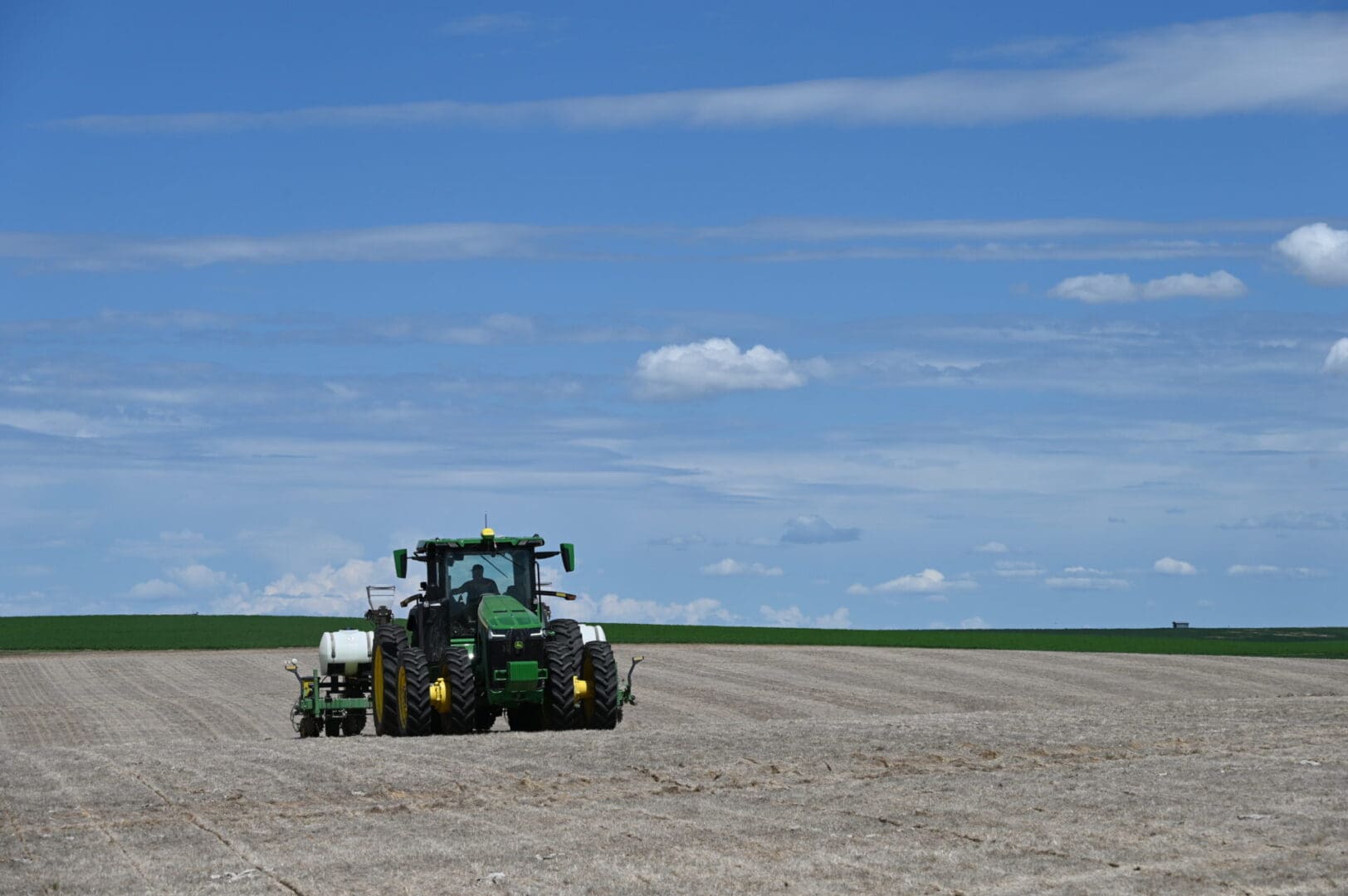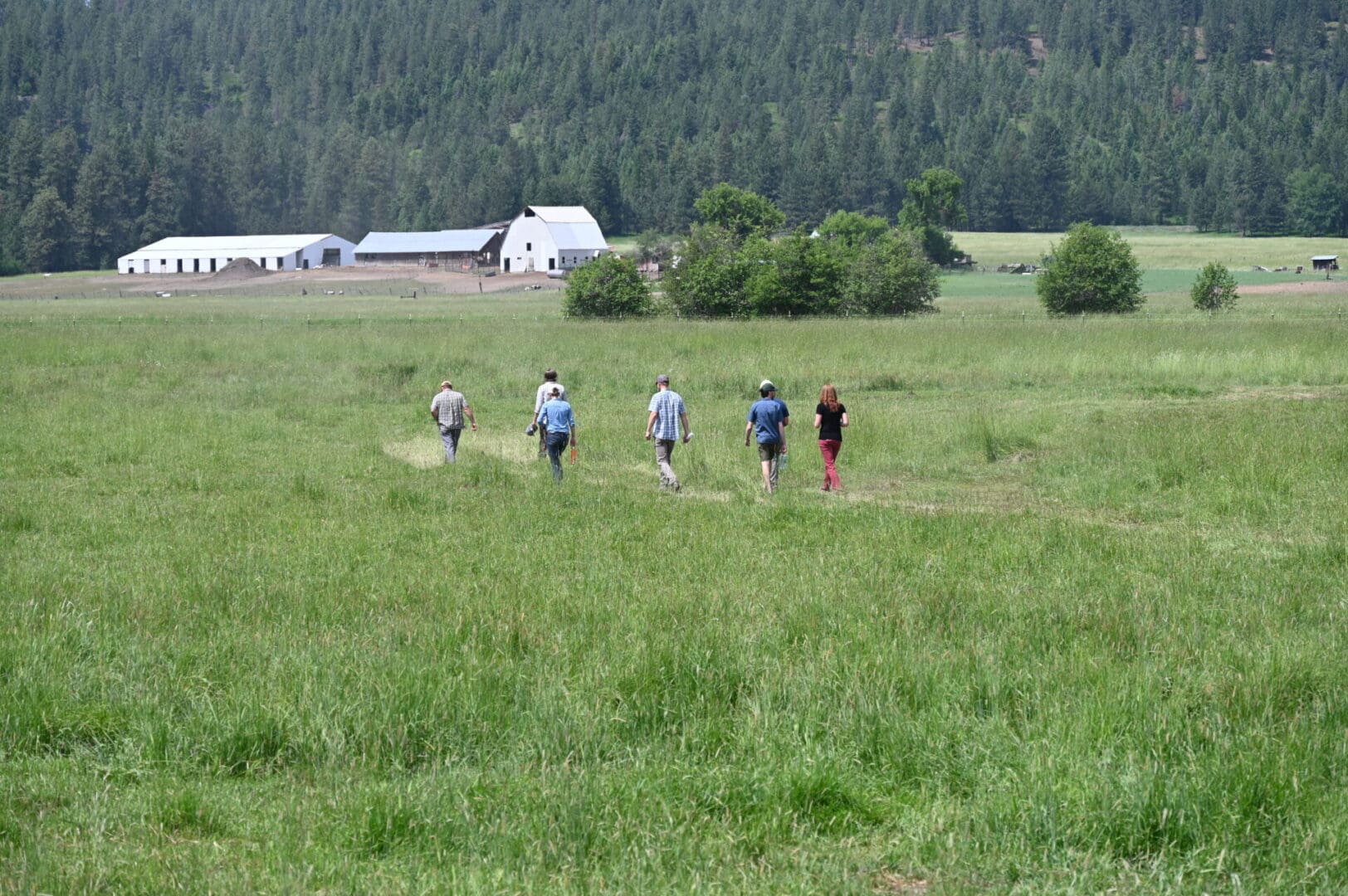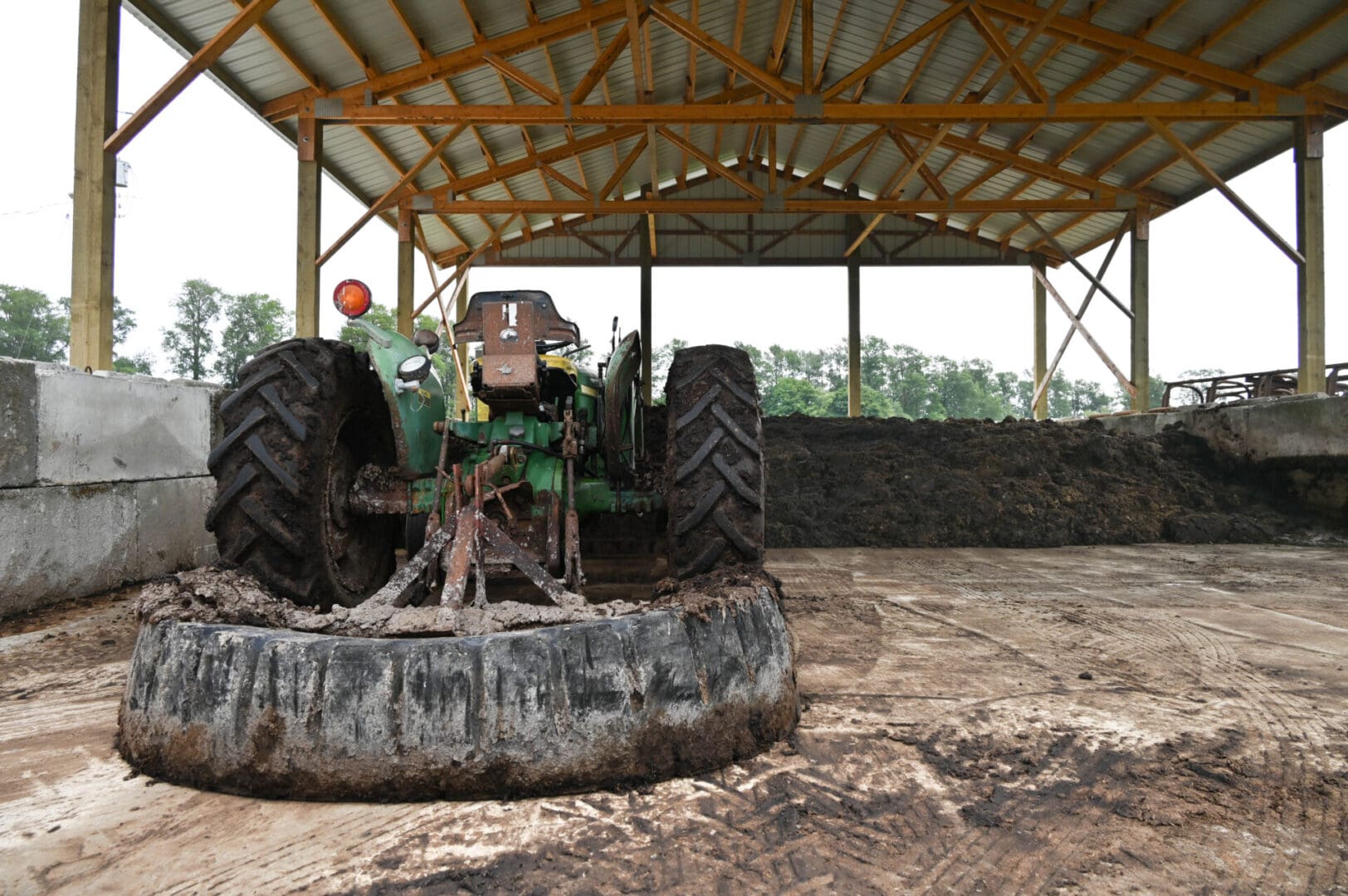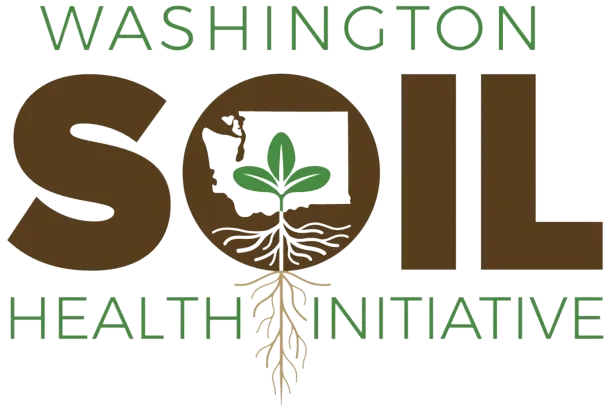
©
One year into Washington’s Climate Commitment Act: Impacts on Agriculture
Farmers are exempt from many regulations in Washington's Climate Commitment Act (CCA). However, the CCA has brought both benefits and challenges to Washington agriculture
December 13, 2023
Author: Dani Gelardi
Last year, we asked, “How will the Climate Commitment Act (CCA) impact Washington agriculture?” For a brief primer on the topic, read the 2022 blog post. Now, with one year passed, let’s review how farmers are faring under this ambitious state law to reduce greenhouse gas (GHGs) emissions.
As written, the CCA exempts agriculture from many of its rules. This includes the requirements to report GHG emissions, and to participate in the quarterly cap-and-invest auctions in which Washington businesses must purchase the right to emit GHGs. Nevertheless, agriculture is still substantially impacted by the law’s economic and environmental effects. In fact, the CCA has ushered in many benefits and challenges to Washington agriculture since its launch on January 1st, 2023.

Benefits
In just three auctions, cap-and-invest has already raised a historic $1.3 billion for Washington, far surpassing projections based on similar programs from California and Quebec. By law, these funds must be invested in projects that reduce climate change and increase climate resilience in Washington. Read here for a breakdown of how funds have been allocated to date, including the substantial portion directed toward Washington agriculture. A few CCA-funded projects will be familiar to readers of this blog, including:
- STAR, which is intended to generate economic value for producers who use conservation practices;
- The Compost Reimbursement Program, which reimburses growers 50% of compost costs, up to $10,000; and
- Sustainable Farms and Fields (SFF), which received an additional $30 million through the CCA, largely to support climate-smart livestock projects.
Collectively, these programs make it easier, cheaper, and more profitable for farmers to use conservation practices, which ultimately supports agricultural viability. But soil lovers aren’t the only agriculturalists benefiting from the CCA. At the Department of Commerce, for example, the CCA is funding clean energy projects across the state, many of which support rural and agricultural communities. This includes funding for agrivoltaic demonstration projects, least conflict renewable energy siting, and solar plus storage grants to provide power when energy goes out. Dairy digester projects may be the biggest agricultural recipient of state climate funds, via SFF, the Department of Commerce, and the Department of Ecology through CCA offset projects and the Clean Fuel Standard (CFS).
And the cap-and-invest auctions have only just launched. In the law, other eligible projects include those that improve water efficiency and reduce emissions via fertilizer management, the use of agricultural equipment, including pumps, trucks, tractors, and harvest machinery, or farmworker housing weatherization. As auctions continue, we will likely see more revenue directed towards tractor fleet electrification, agricultural symbiosis projects, and R&D into precision agriculture, including alternative fertilizer and energy sources and technologies.

Challenges
Despite the benefits and opportunities, you may have noticed some controversy surrounding the CCA. This is largely because its launch coincided with Washington having the highest gas prices in the country. While it’s hotly debated, many believe that skyrocketing fuel prices are the result of the CCA cap-and-invest auctions, with oil companies simply passing on costs to their Washington consumers. Though this affects all Washington citizens, it doubly impacts those who operate businesses that rely on gasoline and diesel, such as agricultural producers.
Furthermore, the CCA specifically exempts producers from paying surcharges for on-farm fuel or for the transportation of agricultural products. Due to the complexity of the fuel supply chain, however, the exemption has proven challenging to uphold. Producers across the state have unexpectedly received hefty fuel surcharges. These were fees prohibited by law, and which farmers had no time to prepare for.
Finally, while the funding mentioned above for dairy digesters can help producers diversify their revenue streams, CCA offset or Clean Fuel Standard projects are resource-intensive to implement. The high capital costs of these projects mean that large-scale producers are more likely to participate, and that small-scale, low-income, or socially disadvantaged producers are less likely to benefit. Many fear these projects may worsen the already troubling trend of consolidation, where small- and mid-scale producers can’t compete with larger farms.

What’s next
The CCA has undoubtedly posed challenges for agriculture in Washington, particularly with increased fuel costs and the complexity surrounding fuel surcharges. However, a solution to honor the agricultural exemption is currently under development, and the Washington State Dairy Federation has aggregated short-term fixes.
The CCA has also brought a wave of new opportunities for growers, which are intended to support economic and environmental sustainability, and ease the impacts of climate change such as increased drought, heat, flooding, and fire.
As Washington agriculture continues to adapt to new state laws, it is essential for agricultural stakeholders to have a seat at the table. With the right support, advocacy, and innovation, Washington farmers are poised to lead the way in building a more economically viable and climate-resilient future. Stay tuned for updates and opportunities to get involved.

Dani Gelardi
Dani Gelardi is the Senior Soil Scientist and Climate Coordinator at the Washington Department of Agriculture where she leads soil and climate efforts for the agency including the Washington Soil Health Initiative.
This article was published by the Washington Soil Health Initiative. For more information, visit wasoilhealth.org. To have these posts delivered straight to your inbox, subscribe to the WaSHI newsletter. To find a soil science technical service provider, visit the Washington State University Extension website or the Washington State Conservation District website.

